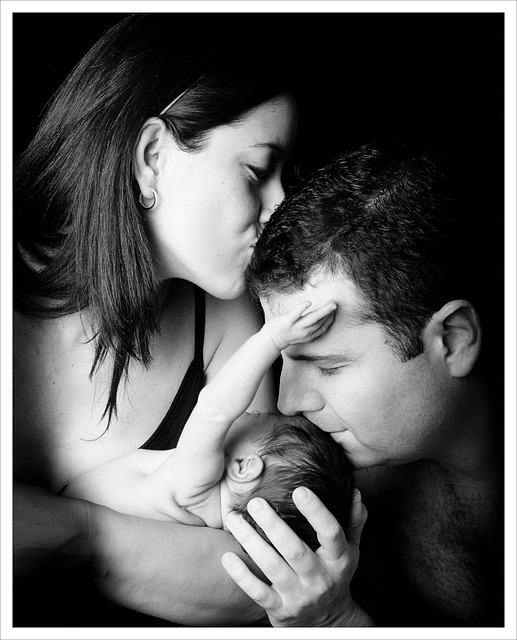It’s a common misconception that fertility issues only affect older women. Meet Emily, a vibrant 29-year-old who wants to share her story with others who might think they’re too young to worry about fertility.
“Honestly, I had no clue anything was amiss,” Emily reflects on her teenage and early adult years. “I always dealt with intense menstrual cramps, but I was told it was just part of being a woman.”
But We’re Too Young, Right?
Living in a cozy town and newly married, Emily started trying to conceive at 24. After a year of trying with no success, she consulted her OB/Gyn, who administered three rounds of intrauterine insemination (IUI). Unfortunately, none of those attempts were successful. An HSG (hysterosalpingogram) test revealed that her right fallopian tube was blocked, but her doctor still recommended additional IUI cycles, which also didn’t result in a pregnancy.
“That’s when I thought, ‘I’m too young to be waiting this long to get pregnant,’” Emily recalls, despite friends and family reassuring her to relax. Instead of waiting, she decided to find a fertility specialist herself.
“At that time, there wasn’t much information online about when to seek help for fertility. Most of my knowledge came from pregnancy books, which didn’t mention that we should have sought help after a year of trying,” Emily explained.
Feeling nervous about the fertility consultation, she was shocked when the specialist immediately suggested IVF as their only option, without conducting any extensive tests. “It felt surreal that we needed fertility treatment. We were so young!”
Taking Steps in the Right Direction
Before she and her husband could fully process the idea of IVF, they relocated to a new city. This turned out to be a pivotal moment in their journey.
Emily learned about a highly recommended fertility clinic from a friend and decided to schedule an appointment. After reviewing her medical history and conducting additional tests, the doctor suspected she had endometriosis, a condition that often goes undiagnosed.
The recommended laparoscopic surgery not only confirmed the endometriosis but also revealed that her previous HSG tests were inaccurate. It turned out that her fallopian tube wasn’t blocked after all. With her tubes functioning well, the doctor recommended two more cycles of IUI, but those didn’t work either, leading Emily to feel ready for IVF.
Her priest played a crucial role during this time, encouraging her to view infertility as a medical issue, just like any other health condition. “He asked if I would wait to treat cancer, so why wait for infertility?” she shared.
With newfound support from the medical team, Emily underwent IVF and was thrilled to conceive on two separate cycles. Now, she’s the proud mom of a 5-year-old and an 11-week-old baby. “I had no idea what I was getting into initially,” Emily admits. “But now, I know so many people facing infertility. We’ve made our journey public because so many suffer in silence. I want others to know they aren’t alone.”
Emily hopes her experience encourages other young women to advocate for their reproductive health and seek expert advice sooner rather than later. “Had I known that I should’ve seen a specialist after a year of trying, I would have. I hope people read this and realize there are options available to them.”
If you’re curious about how you can start your own journey or want to learn more about fertility options, check out this resource for comprehensive information. For more guidance, consider visiting CryoBaby’s at-home insemination kit, which can help you on your path to parenthood. Also, check out our blog on young children and computers for more engaging content.
Summary:
Emily’s story highlights that fertility challenges can affect women in their 20s. Despite being told to wait due to her age, she took charge of her health and sought help after a year of trying to conceive. With the right support and information, she discovered the underlying issues that affected her fertility and ultimately achieved her dream of motherhood.

